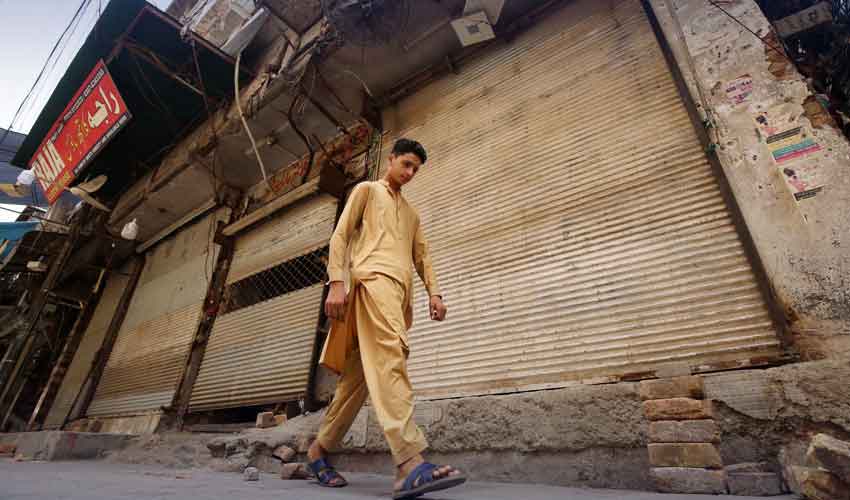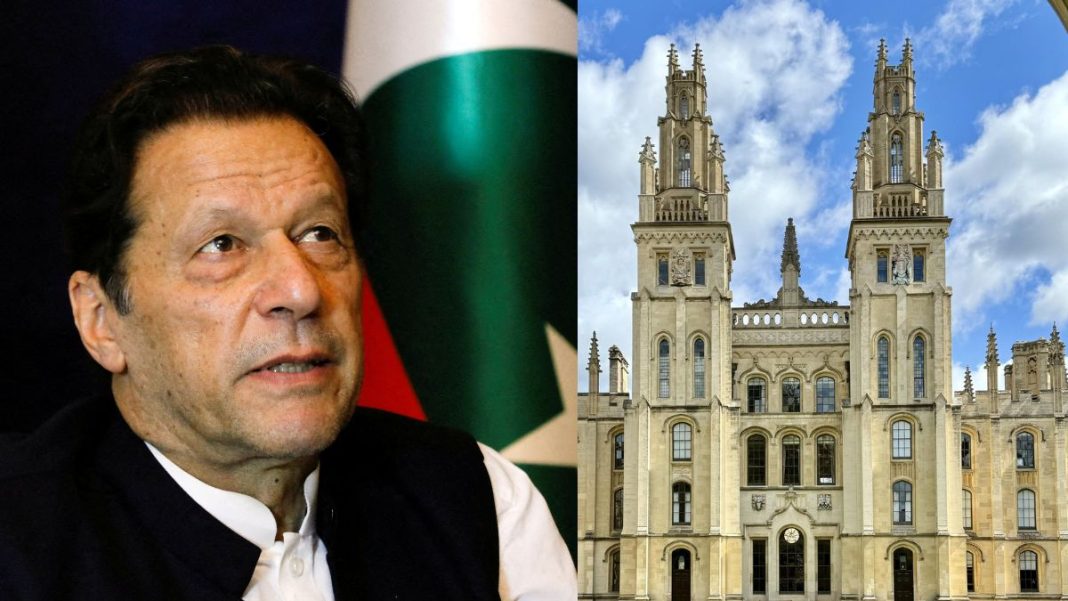Traders across Pakistan staged a nationwide strike on Wednesday to protest against recent government tax reforms and rising electricity costs. Political parties including Jamaat-e-Islami (JI), Jamiat Ulema-e-Islam Fazl (JUI-F), Pakistan Tehreek-e-Insaf (PTI), and Awami National Party (ANP) supported the strike, which saw businesses shut down in cities nationwide.
In Karachi, the Anjuman-e-Tajiran Karachi led a complete business closure ahead of the strike. Javed Shams, president of the All Pakistan Anjuman-e-Tajiran’s Sindh chapter, voiced strong opposition to the tax and electricity bill hikes, declaring that the ruling class’s policies were detrimental to the business community and people.
The Karachi Electronics Dealers Association also supported the strike. KEDA President Mohammad Rizwan warned that the strike might extend if issues remain unresolved.
In response to the strike, Rana Ihsaan Afzal Khan, Coordinator to the Prime Minister on Implementation and Monitoring, stated that the government would not be swayed by the traders’ actions. Khan extended an invitation for discussions if the traders had concerns about the government’s policies and emphasized that Prime Minister Shehbaz Sharif had reorganized the Federal Board of Revenue (FBR) to include the retail sector in the tax net.
Across Sindh, traders in cities such as Nawabshah, Tando Allahyar, Thatta, and Sajawal adhered to the strike call, shutting central commercial areas and businesses. Sindh Traders Association President Waqar Memon criticized the monthly, withholding, and professional taxes as detrimental to business.
In Punjab, cities including Vehari saw all business centers closed as per the Central Traders Association of Pakistan’s strike call. In Gujranwala, markets including the Cloth Market, Steel Market, and Sanitary Market were shut. Peshawar in Khyber Pakhtunkhwa also saw widespread market closures, with traders demanding the withdrawal of increased power bills and tax rates.
In Dera Ismail Khan and other Punjab cities like Chichawatani, traders also observed a complete strike. The JI in Charsadda joined the protest, leading to the closure of food shops and hotels.
The strike follows earlier negotiations between the JI and the government, which led to the postponement of a 14-day sit-in. The party had sought reductions in power tariffs and a review of agreements with Independent Power Producers, who have been blamed for high electricity bills.



